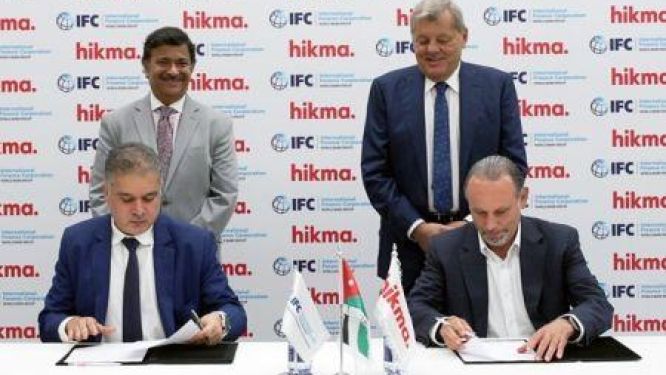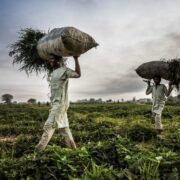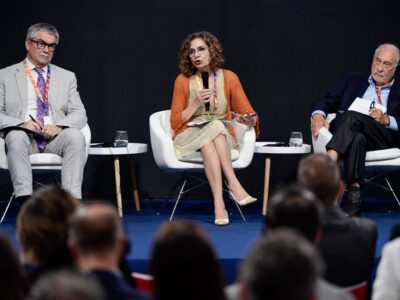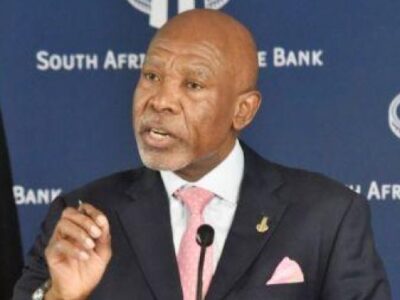
Key Highlights
• Hikma inks a $250 million loan agreement with the International Finance Corporation (IFC).
• The funds will support local pharmaceutical production in North Africa and the Middle East.
• The deal extends a partnership with IFC that began in 1987.
Pharmaceutical group Hikma has secured a $250 million loan from the International Finance Corporation (IFC) to expand its footprint in the Middle East and North Africa (MENA) region. Announced on July 15, 2025, the funding will boost local production capacity in a region facing rising demand for treatments targeting chronic diseases.
Hikma, the second-largest pharmaceutical company in the region by revenue, operates around 20 manufacturing facilities producing generic medicines. In 2024, the company invested $80 million in MENA, notably expanding its production capabilities in Tunisia and Algeria.
The new agreement marks a further step in a partnership with IFC that dates back to 1987. The global development institution has supported Hikma through long-term loans and advisory services. During the COVID-19 pandemic, IFC helped ensure continued access to essential medicines in the MENA region.
In 2023, IFC also participated in a $500 million bond issuance by Hikma, subscribing $50 million. Founded in Jordan in 1978, and listed on the London Stock Exchange since November 2005, Hikma is now active in more than 50 countries across MENA, North America, and Europe. The firm’s strategy combines gradual expansion, targeted acquisitions, and regional industrial anchoring.
In its 2024 sustainability report, Hikma notes that MENA’s fast-growing population and rising incidence of chronic illness are putting added pressure on healthcare systems—making local drug production increasingly critical.
Despite the opportunities, Africa’s pharmaceutical sector faces major hurdles. According to a June 2024 analysis from Afreximbank, challenges include inadequate infrastructure, regulatory risks, trade barriers, and investor hesitancy.
To address these issues, stronger coordination between African governments, financial institutions, and industry stakeholders is essential. The African Union, for instance, aims to produce 60% of the continent’s vaccines locally by 2040. Meeting this goal will require major investment across the pharmaceutical value chain—from production to logistics and distribution.
This article was initially published in French by Chamberline Moko
Edited in English by Ola Schad Akinocho











Comments